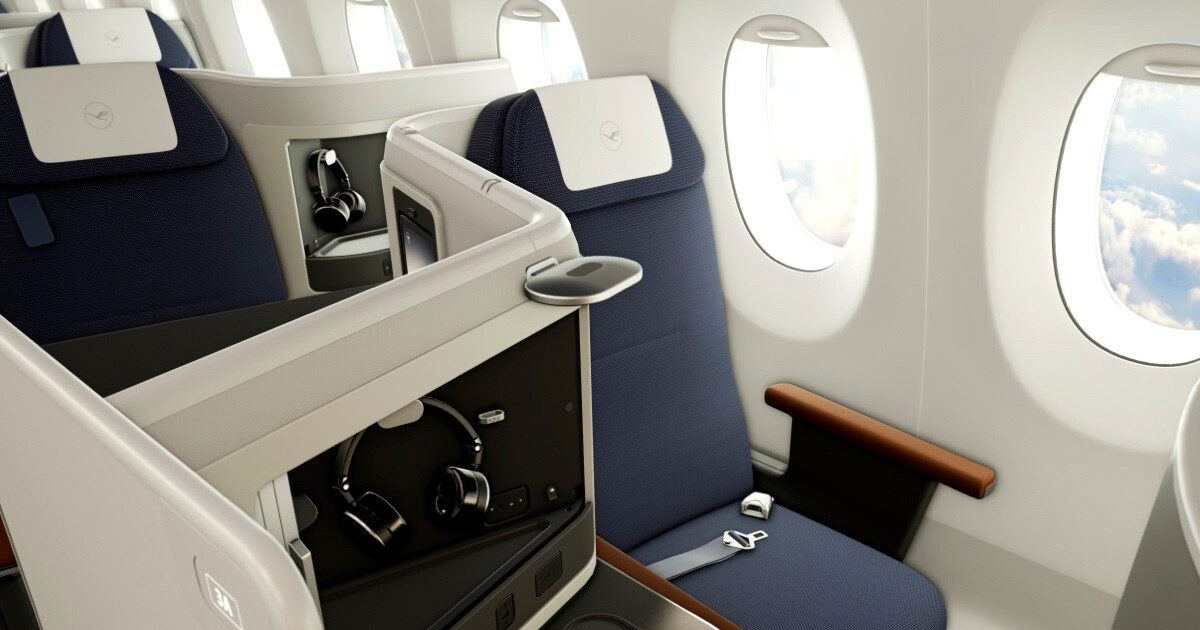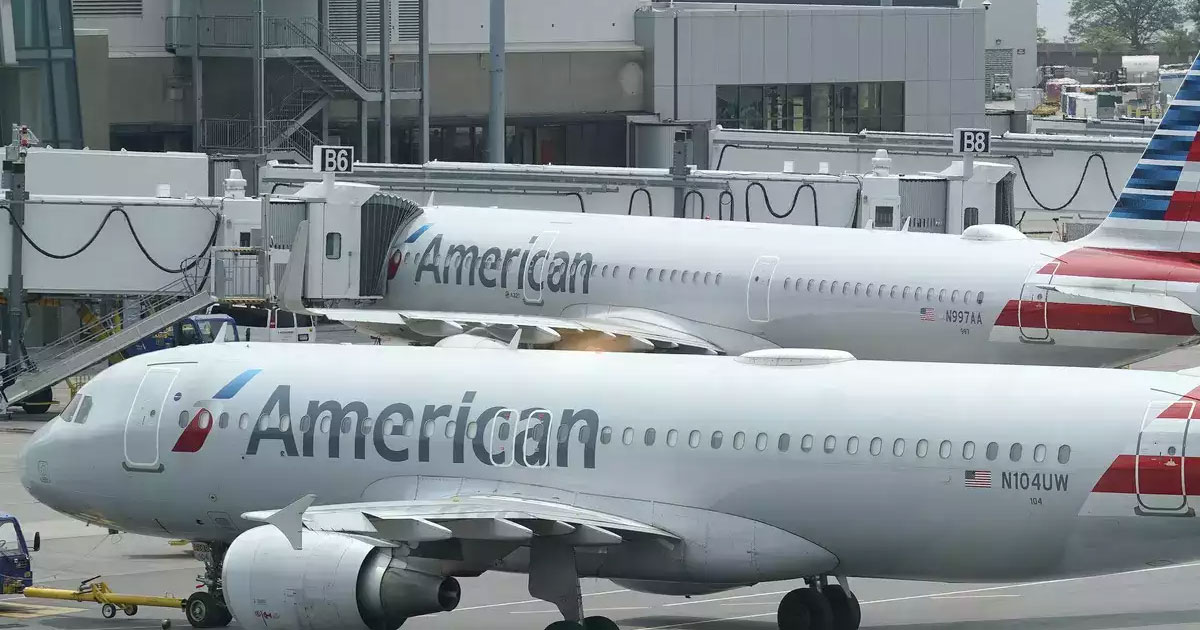Lufthansa’s ambitious Allegris cabin overhaul faces another setback as the U.S. Federal Aviation Administration (FAA) has withheld certification for the new Business Class seats intended for the airline’s Boeing 787-9 Dreamliners.
The recent development has resulted in more than a dozen aircraft being grounded, causing significant disruptions to the airline’s operational plans and delaying its fleet modernization strategy.
The Certification Roadblock
The FAA has declined to certify the Allegris Business Class seats due to issues related to crash test compliance.
Recent reports suggest that the seats potentially did not pass initial safety tests, prompting the need for additional design modifications to comply with regulatory standards.
Lufthansa faces a considerable challenge due to certification delays, having made substantial investments in the Allegris program aimed at improving passenger comfort and sustaining its competitive position in the premium travel sector.
Challenges in Operations
Lufthansa has faced challenges in taking delivery of the affected Boeing 787-9 aircraft due to the lack of FAA approval. The airline is reportedly exploring options to tackle fleet shortages by deploying aircraft that will operate solely with Economy and Premium Economy cabins, temporarily sidelining the Business Class section until certification is obtained.
The implementation of this temporary solution may have negative implications for revenue, particularly in light of the strong demand and elevated pricing associated with Business Class seats.
The delay adds to Lufthansa’s continuing difficulties with the Allegris rollout, which has encountered several postponements and operational challenges since it was first announced. The program, originally scheduled for a wider rollout in early 2024, has encountered setbacks that have delayed the delivery timelines for the new aircraft to mid-2025 or beyond.
The effects on reputation and finances
Certification issues arise at a pivotal moment for Lufthansa, as the airline aims to strengthen its foothold in the fiercely competitive long-haul market.
Travelers are expressing excitement over the newly upgraded Allegris cabins, which are set to offer improved privacy, contemporary amenities such as wireless charging, and customized seating arrangements.
The failure to fulfill these commitments poses a threat to customer satisfaction and may lead premium travelers to seek alternatives among competing airlines that provide more dependable premium offerings.
The grounding of completed Dreamliners poses a substantial financial burden, impacting both potential revenue losses and the costs linked to additional seat modifications. The delays further intensify the examination of Lufthansa’s leadership and its capacity to implement extensive modernization initiatives successfully.
The industry faces significant broader implications.
Lufthansa faces significant challenges that highlight the complexities involved in implementing innovative cabin designs within an industry that is strictly regulated by safety standards.
The FAA’s stringent certification process highlights the critical importance of maintaining a delicate balance between passenger comfort and safety regulations. Lufthansa’s experience stands as a cautionary tale for other airlines considering similar upgrades.
Anticipating the Future
Lufthansa has stated its dedication to addressing the certification challenges and fulfilling its commitments regarding the Allegris program.
Sources indicate that the airline is collaborating with seat manufacturers and regulatory authorities to accelerate the approval process. The absence of a defined timeline for resolution leaves the future shrouded in uncertainty.
This recent development underscores the difficulties Lufthansa encounters in its efforts to transform long-haul travel through its Allegris cabins. Currently, both passengers and industry analysts are paying close attention to how the airline manages these challenging conditions.





